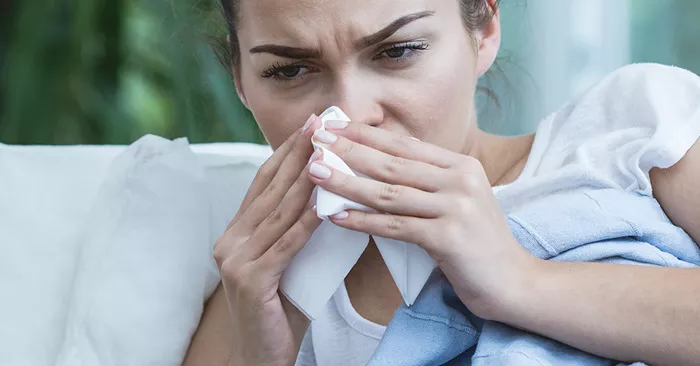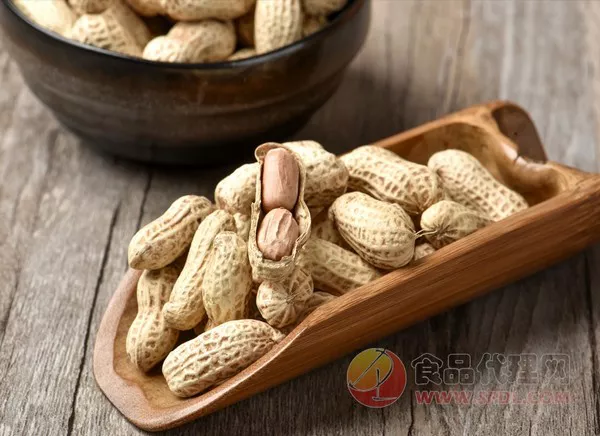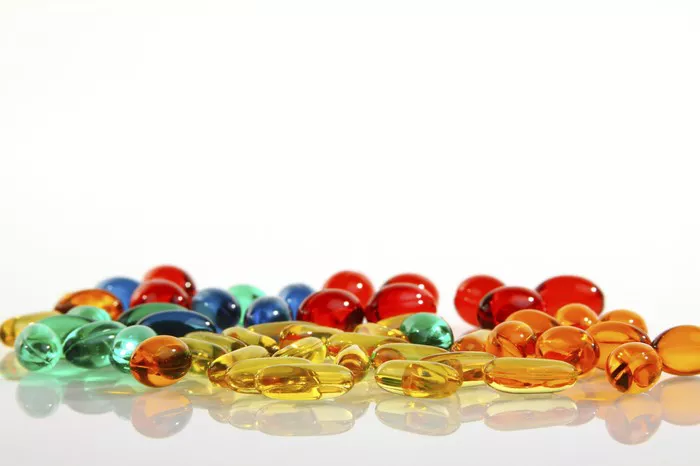As the seasons shift and temperatures rise, many individuals find themselves grappling with seasonal allergies and their accompanying symptoms. Among these symptoms, post nasal drip (PND) can be particularly bothersome, causing discomfort and irritation. While post nasal drip is commonly associated with the colder months, it can also manifest during the summer season. Understanding the causes of summer post nasal drip is essential in effectively managing this condition and minimizing its impact on daily life.
What is Post Nasal Drip?
Post nasal drip refers to the excessive production of mucus by the glands lining the nasal passages and throat. Normally, mucus serves a vital function in trapping and eliminating foreign particles, bacteria, and viruses from the respiratory system. However, when an excessive amount of mucus is produced or when it becomes thicker in consistency, it can accumulate at the back of the throat, leading to the sensation of dripping or draining down the throat.
Causes of Summer Post Nasal Drip
While post nasal drip can occur throughout the year, certain factors prevalent during the summer months can exacerbate or trigger its onset. Understanding these underlying causes is crucial in identifying effective management strategies. Some common causes of summer post nasal drip include:
Seasonal Allergies: Pollen from grasses, trees, and weeds is a common trigger for allergic rhinitis, also known as hay fever. During the summer months, pollen levels tend to be higher, especially on warm, dry, and windy days. When individuals with allergies are exposed to pollen, their immune system may overreact, triggering the release of histamine and other inflammatory substances. This immune response can lead to nasal congestion, sneezing, and post nasal drip.
Airborne Irritants: In addition to pollen, summer months may also see an increase in airborne irritants such as dust, mold spores, and air pollution. Exposure to these irritants can irritate the nasal passages and throat, leading to inflammation and excessive mucus production.
Dry Air: Hot and dry weather conditions common during the summer can contribute to dehydration and dryness of the nasal passages. When the nasal mucosa becomes dry, it may produce more mucus in an attempt to maintain moisture levels. This excess mucus can drip down the back of the throat, causing irritation and discomfort.
Sinus Infections: While sinus infections are more commonly associated with the colder months, they can occur at any time of the year, including summer. Sinusitis, or inflammation of the sinuses, can lead to nasal congestion, thickened mucus, and post nasal drip. Factors such as swimming in contaminated water or spending time in air-conditioned environments can increase the risk of sinus infections during the summer.
Cold Drinks and Ice Cream: Indulging in cold beverages and frozen treats like ice cream can provide temporary relief from the heat but may exacerbate post nasal drip in some individuals. Cold temperatures can cause the blood vessels in the nasal passages to constrict, leading to thickening of mucus and worsening congestion.
Gastroesophageal Reflux Disease (GERD): GERD, commonly known as acid reflux, occurs when stomach acid flows back into the esophagus, leading to irritation and inflammation. In some cases, stomach acid can reach the throat, causing irritation and triggering excessive mucus production. Summer activities such as outdoor dining, barbecues, and late-night snacks may contribute to GERD symptoms in susceptible individuals.
Managing Summer Post Nasal Drip
Effectively managing post nasal drip during the summer months involves addressing underlying triggers and adopting strategies to alleviate symptoms. While individual responses may vary, some general approaches to managing summer post nasal drip include:
Avoiding Allergens: Minimize exposure to pollen and other allergens by staying indoors during peak pollen hours, keeping windows closed, and using air purifiers with HEPA filters. When spending time outdoors, consider wearing sunglasses and a wide-brimmed hat to protect your eyes and face from pollen.
Staying Hydrated: Drink plenty of water throughout the day to maintain hydration and prevent dryness of the nasal passages. Nasal saline sprays or rinses can also help moisturize the nasal mucosa and thin out mucus, making it easier to expel.
Using Nasal Irrigation: Nasal irrigation with a saline solution can help flush out excess mucus and allergens from the nasal passages, reducing congestion and post nasal drip. Neti pots, saline nasal sprays, or nasal irrigation bottles can be used for this purpose.
Managing GERD Symptoms: If GERD is contributing to post nasal drip, adopting lifestyle modifications such as avoiding trigger foods, eating smaller meals, and maintaining a healthy weight can help alleviate symptoms. Elevating the head of the bed while sleeping can also reduce the likelihood of acid reflux at night.
Avoiding Cold Foods and Beverages: Limit consumption of cold drinks and ice cream, especially if they exacerbate post nasal drip symptoms. Opt for room temperature or warm beverages instead to minimize irritation to the nasal passages.
Seeking Medical Treatment: If post nasal drip persists despite self-care measures, or if it is accompanied by other concerning symptoms such as fever, facial pain, or difficulty breathing, it’s important to seek medical evaluation. A healthcare provider can assess the underlying cause of post nasal drip and recommend appropriate treatment options, which may include prescription medications such as antihistamines, decongestants, or nasal corticosteroids.
Conclusion
While post nasal drip can be a bothersome symptom, especially during the summer months, understanding its underlying causes and implementing effective management strategies can help alleviate discomfort and improve quality of life. By addressing allergens, staying hydrated, and adopting lifestyle modifications, individuals can minimize the impact of summer post nasal drip and enjoy the season to its fullest. However, if symptoms persist or worsen, seeking medical attention is advised to identify and address any underlying medical conditions contributing to post nasal drip.
[inline_related_posts title=”You Might Be Interested In” title_align=”left” style=”list” number=”6″ align=”none” ids=”9254,9250,9148″ by=”categories” orderby=”rand” order=”DESC” hide_thumb=”no” thumb_right=”no” views=”no” date=”yes” grid_columns=”2″ post_type=”” tax=””]

































